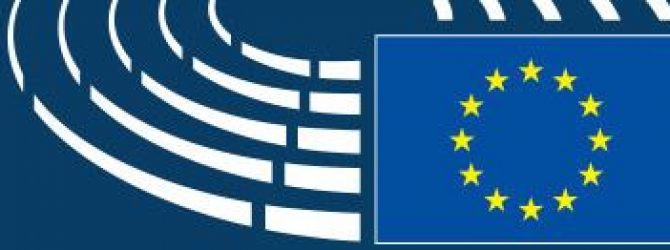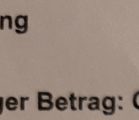
Whistleblower protection: European Commission sets new, EU-wide rules
First Vice-President Frans Timmermans said: "Many recent scandals may never have come to light if insiders hadn't had the courage to speak out. But those who did took enormous risks. So if we better protect whistleblowers, we can better detect and prevent harm to the public interest such as fraud, corruption, corporate tax avoidance or damage to people's health and the environment. There should be no punishment for doing the right thing. In addition, today's proposals also protect those who act as sources for investigative journalists, helping to ensure that freedom of expression and freedom of the media are defended in Europe."
Věra Jourová, Commissioner for Justice, Consumers and Gender Equality added: "The new whistleblowers' protection rules will be a game changer. In the globalised world where the temptation to maximise profit sometimes at the expense of the law is real we need to support people who are ready to take the risk to uncover serious violations of EU law. We owe it to the honest people of Europe.
Recent scandals such as Dieselgate, Luxleaks, the Panama Papers or the ongoing Cambridge Analytica revelations show that whistleblowers can play an important role in uncovering unlawful activities that damage the public interest and the welfare of people and society.
Today's proposal will guarantee a high level of protection for whistleblowers who report breaches of EU law by setting new, EU-wide standards. The new law will establish safe channels for reporting both within an organisation and to public authorities. It will also protect whistleblowers against dismissal, demotion and other forms of retaliation and require national authorities to inform citizens and provide training for public authorities on how to deal with whistleblowers.
Whistleblowers also play an important role in enabling journalists and the free press to play their fundamental role in our democracies. That is why whistleblowers need proper protection against intimidation and/or retaliation.Citizenswho uncover illegal activities should not be punished as a consequence of their action. But in reality, many of them pay for their action with their jobs, their reputation or even their health: 36% of workers who reported misconduct experienced retaliation(2016 Global Business Ethics Survey). Protecting whistleblowers will also help safeguard freedom of expression and media freedom, and is essential to protect the rule of law and democracy.
Protection for a wide range of EU law breaches
Today's proposal ensures EU-wide protection for blowing the whistle on breaches of EU legislation in the fields of public procurement; financial services, money laundering and terrorist financing; product safety; transport safety; environmental protection; nuclear safety; food and feed safety, animal health andwelfare; public health; consumer protection; privacy, data protection and security of network and information systems. It also applies to breaches of EU competition rules, violations and abuse of corporate tax rules and damage to the EU's financial interests. The Commission encourages Member States to go beyond this minimum standard and establish comprehensive frameworks for whistleblower protection based on the same principles.
Clear Mechanisms and Obligations for Employers
All companies with more than 50 employees or with an annual turnover of over €10 million will have to set up an internal procedure to handle whistleblowers' reports. All state, regional administrations and municipalities with over 10,000 inhabitants will also be covered by the new law.
The protection mechanisms will have to set up must include:
- Clear reporting channels, within and outside of the organisation, ensuring confidentiality;
- A three tier reporting system of:
- Internal reporting channels;
- Reporting to competent authorities – if internal channels do not work or could not reasonably be expected to work (for example where the use of internal channels could jeopardise the effectiveness of investigative actions by the authorities responsible);
- Public/media reporting – if no appropriate action is taken after reporting through other channels, or in case of imminent or clear danger to the public interest or irreversible damage;
- Feedback obligations for authorities and companies, who will have to respond and follow-up to the whistleblowers' reports within 3 months for internal reporting channels;
- Prevention of retaliation and effective protection: all forms of retaliation are forbidden and should be sanctioned. If a whistleblower suffers retaliation, he or she should have access to free advice and adequate remedies (for example measures to stop workplace harassment or prevent dismissal). The burden of proof will be reversed in such cases, so that the person or organisation must prove that they are not acting in retaliation against the whistleblower. Whistleblowers will also be protected in judicial proceedings, in particular through an exemption from liability for disclosing the information.
Effective Safeguards
The proposal protects responsible whistleblowing genuinely intended to safeguard the public interest. It therefore includes safeguards to discourage malicious or abusive reports and prevent unjustified reputational damage. Those affected by a whistleblower's report will fully enjoy the presumption of innocence, the right to an effective remedy, a fair trial, and the right of defence.



